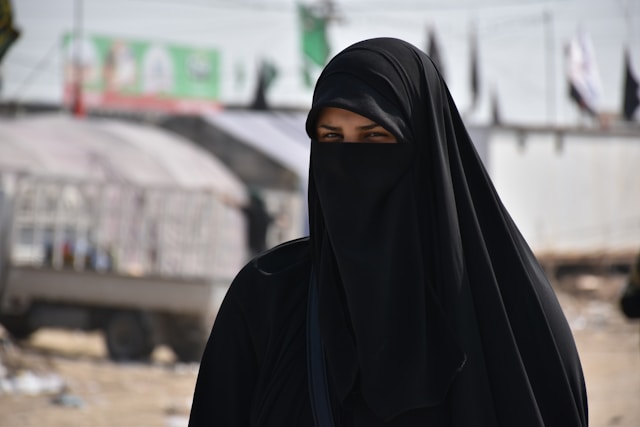This case-study explores a good and a bad example of balances being struck around freedom of expression and the protection of minorities or national security in the face of everyday extremism.
The good aspect concerns domestic UK reactions to the 9/11 attacks in the USA in 2001 in a way that prefigures the heated controversies in the UK over reactions to Hamas’s attacks in Israel in 2023 and Israel’s retaliation. Here the UK courts have provided a helpful approach, revolving around Article 17 of the European Convention on Human Rights.
The bad aspect saw the majority of the UK Supreme Court upholding in 2015 the right of the then Home Secretary, Theresa May, to exclude from the UK an exiled Iranian dissident, Maryam Rajavi, who had been invited to address interested Parliamentarians in Westminster. We prefer the dissenting judgment by Lord Kerr, who would have allowed the Iranian dissident to come. By 2023, the Nobel Peace Prize had been awarded to another Iranian dissident, Narges Mohammadi, the US and UK governments considered that Iran was in league with Hamas in its attacks in Israel, a UK government minister had visited Maryam Rajavi in exile in Albania and she was writing in the British press about the momentum of challenges to the Iranian regime, led by women over the previous year.
These controversies are often founded on competing alienations or impaired senses of belonging, one group resenting another, with the latter, or a further group feeling that their place in the public square is precarious or even that they are excluded. In some cases, groups can be both resentful and precarious in their sense of belonging.
The long run task is one of education and engagement in communities and in society as a whole. It is only in the context of such a commitment to addressing root causes that a short-term exception to freedom of expression might be justifiable.








